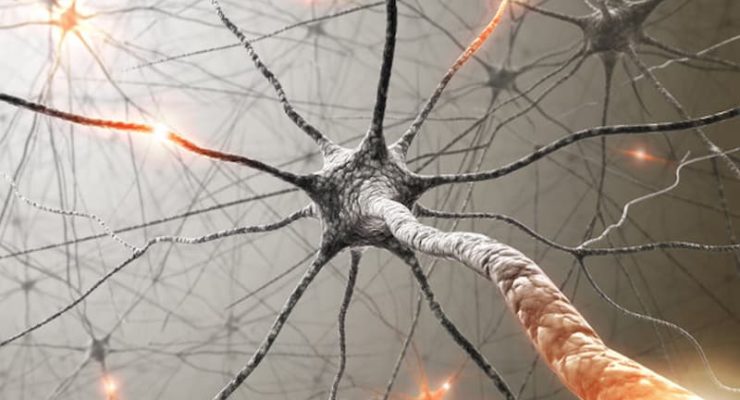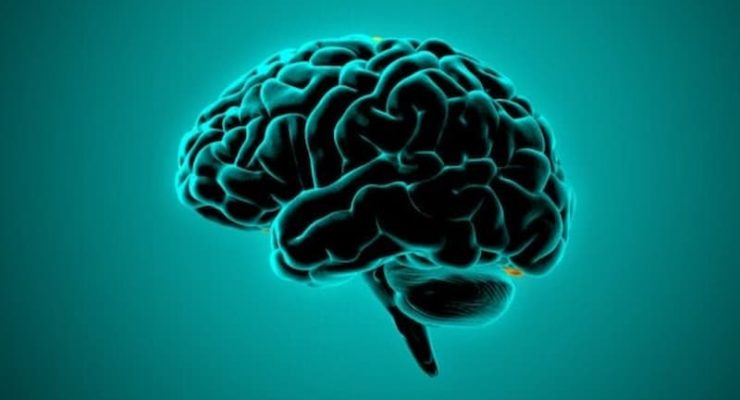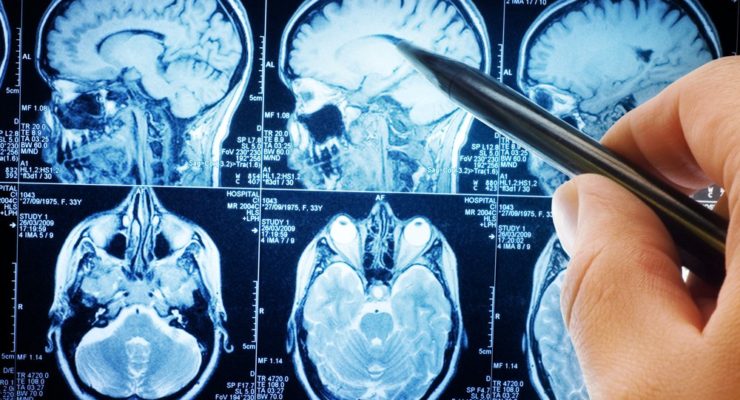(Sayer Ji) It is a commonly held misconception that the brain is beyond repair. Even the medical establishment has asserted that once we kill brain cells, they are gone forever. The fact is, the brain can repair itself, and as science is now proving, there is real benefit to simple practices that can help keep our brains sharp and elastic throughout our lifetime.
BRAIN
Talking to Strangers is Good for Your Brain
(Exploring Your Mind) Sometimes, when talking to a stranger you feel freer. Almost without knowing why, you find in that person from outside your environment, a figure in whom you might entrust certain things without fear of being judged. Has this ever happened to you?
America’s Frontline Doctor: Microscopic Data Shows ‘Clotting’ in Lungs, Vessels, Brains of Jabbed Patient
(Jack Bingham) ‘Under the microscope, we see clotting in the lungs, we see clotting in the vessels, we see clotting in the brain, not from the virus, but from the spike [protein] from the vaccine itself.’
Unique Brain Signature of Intimate Partner Aggression Identified
(Neuroscience News) Why do people hurt the ones they claim to love? That question has driven researchers to discover much about the psychological and sociological predictors and consequences of intimate partner aggression. But an understanding of the neurobiological causes — or what happens in the brain — remains incomplete.
How the Brain Ignores Distracting Information to Coordinate Movements
(Neuroscience News) As you read this article, touch receptors in your skin are sensing your environment. Your clothes and jewelry, the chair you’re sitting on, the computer keyboard or mobile device you’re using, even your fingers as they brush one another unintentionally—each touch activates collections of nerve cells. But, unless a stimulus is particularly unexpected or required to help you orient your own movements, your brain ignores many of these inputs.
How Highly Processed Foods Harm Memory in the Aging Brain
(Neuroscience News) Four weeks on a diet of highly processed food led to a strong inflammatory response in the brains of aging rats that was accompanied by behavioral signs of memory loss, a new study has found.
Brain Activity Patterns After Trauma May Predict Long-Term Mental Health
(Neuroscience News) The way a person’s brain responds to stress following a traumatic event, such as a car accident, may help to predict their long-term mental health outcomes, according to research supported by the National Institute of Mental Health (NIMH), part of the National Institutes of Health.
Childhood Trauma Shows Up On Brain Scans
(Exploring Your Mind) Childhood trauma due to mistreatment, abuse, or neglect between the ages of four and seven makes a mark on the brain. In fact, scans and neurodiagnostic techniques reveal small alterations that explain the development of psychological disorders later on.
Your Brain and Food: Eating Healthily isn’t as Easy as it Seems
(Exploring Your Mind) Eating healthily isn’t easy. In fact, your brain mediates in the type of food you choose to consume depending on how you feel.
Smells and Emotions Tug on the Brain’s Habenula
(Neuroscience News) A tiny region in the middle of the brain plays a far more important role than previously known in helping it respond to changes in the environment, a new study shows.
What Neuroscience Says About the Brains of Violent People
(Exploring Your Mind) What’s behind the current increase in violence? Is it society, heredity, or are other factors coming into play? We take look at this particular subject.
Neuroethics, A Fascinating Look at the Brain and Moral Behaviors
(Exploring Your Mind) Neuroethics is a new and interesting field of knowledge. It analyzes moral behaviors in respect of what happens in the brain.
Physical Activity Jolts Brain Into Action in the Event of Depression
(Neuroscience News) Exercise has a two-fold effect on those with depression. Physical activity reduces symptoms of depression and increases the brain’s ability to change, researchers report.
Autistic, Alzheimer’s & Multiple Sclerosis Brain Tissues Have Significant Amounts of Aluminum In Them
(Arjun Walia) There is no shortage of studies demonstrating that aluminum is present in human brain tissue. This is a problem given the fact that aluminum is neurotoxic and wreaks nothing but havoc on biology. This is firmly established in scientific literature. There is no debate on whether or not aluminum exists within human brain tissue, the science is settled. The debate is now focused on how much aluminum is too much. How much aluminum does it take to impact the health of a human being in a negative way?
Food for the Brain: Review Examines the Link Between Diet and Mental Health
(Virgilio Marin) A review published in the journal European Neuropsychopharmacology shows that a person’s diet can improve or worsen his mental health, depending on the quality of the foods that he eats. European researchers arrived at this conclusion after reviewing past studies that examined the potential link between nutrition and mental health.














